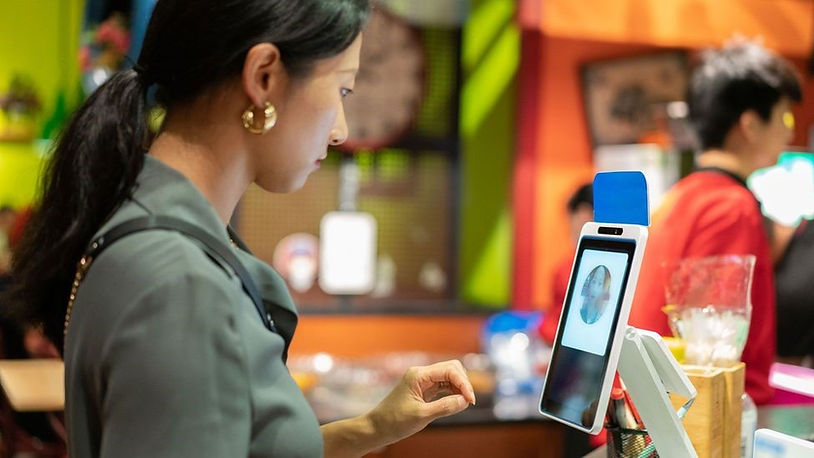By: Jovia Zhang
In September 2020, the G2G app was introduced to Australian police as a helping hand during Covid-19 safety procedures. The app (and many other platforms) use facial recognition to figure out information about the person using them, taking away the little privacy the users had. People are starting to question whether or not this surveillance is needed. The police, government, and any other platforms should not be able to use facial recognition to track people—and here’s why.
In order to stay safe from the virus, people in Western Australia need to stay home and quarantine for the next seven days. The police will check on them periodically through text messages asking for selfies. They will then use facial recognition and GPS tracking to ascertain whether that person is at home. Being able to gather this much information leaves no privacy for the people, creating stress and causing the downfall of a society.
Back in 2019, Australia tried to pass a law that would govern facial recognition technology. However, the idea was forsaken after a Parliament committee review concluded the legislation needed better privacy protections. Australia’s Department of Home Affairs began constructing a national facial recognition database as early as 2016. “We’re now in the worst of all situations where there’s no dedicated law, so we’re dealing with a few piecemeal protections that are not completely effective and are certainly not comprehensive,” said Edward Santow, the Australian Human Rights Commissioner, in an article in BBC Future. “And yet the technology is continuing to be deployed.”
The biggest issue with facial recognition is that it infringes on people’s privacy. Facial recognition could easily be anywhere; it could be unavoidable. Your information could be stored anywhere and you wouldn’t even realize it. And the less privacy, the more stress: “The pandemic created all these new justifications for using facial recognition technology,” said Mark Andrejevic, a professor of media studies at Monash University in Melbourne and the author of a forthcoming book titled Facial Recognition. “Everything went online and organizations were trying to make things work very quickly. But the implications haven’t been thought through. Do we want to live in a world where everything is rendered and there are no private spaces? It creates a whole new level of stress that does not lead to a healthy society.”
In addition to all these different companies that might have your information, there are also hackers. All hackers have to do is use a photo and an app, and they could steal an image of anyone’s face. They could hack into your personal accounts or find any other information through facial recognition. If they’re able to successfully hack into the bigger companies, then they could get everyone’s information. Now the situation is not only dangerous for you; it is dangerous for everyone else, as well. Although certain technologies are working to tell the difference between photos of a real person and a fake one, so are hackers. While hackers keep trying to swerve the technologies, the technologies will improve daily to prevent this from happening.
U.S. company Clearview AI is currently being used by the Ukrainian government to identify dead Russian soldiers. The company has 20 billion facial images stored in their database, most of them stolen from social media without consent. Stealing images from social media is a reason why big companies that use facial recognition could get fined—or banned—from different countries. In an article for BBC Future, journalist Jessica Mudditt wrote, “[Clearview AI] has encountered problems in some democracies. It has been banned in Canada and Australia and on 24 May, the UK’s Information Commissioner’s Office (ICO) fined it more than £7.5m (US$9.1m), following a joint investigation with the Office of the Australian Information Commissioner. It was ordered to delete the data of British residents from its systems. In December 2021, France’s privacy watchdog found that Clearview breached Europe’s General Data Protection Regulation (GDPR).”
Respectfully, facial recognition can still help during Covid and the Russia-Ukraine war. It can help determine if people are staying at home. It can help people find their loved ones who died in the war. However, consent should also be considered. Not everyone is going to want their face and information shared with people they don’t even know. It’s important that everyone is notified of facial recognition before companies start collecting data.
In the end, with the lack of privacy, dangerous hackers, and stolen images from social media, the police, government, and any other platforms with facial recognition should be required to ask for permission before running their databases. Unless we think it’s fine that companies and people we don’t know are tracking us based on pictures of our faces, we should take a stand against facial recognition technologies.
Sources:











